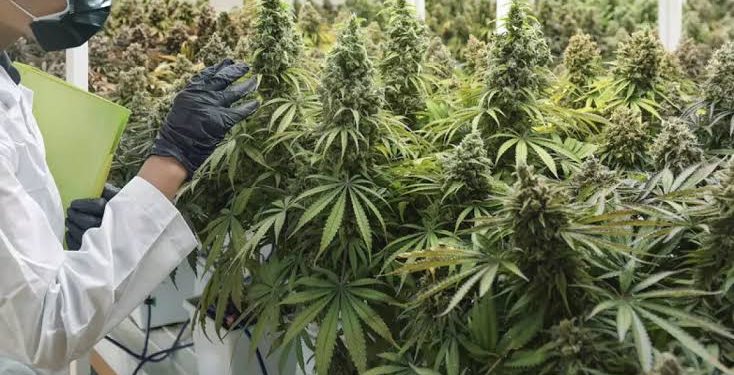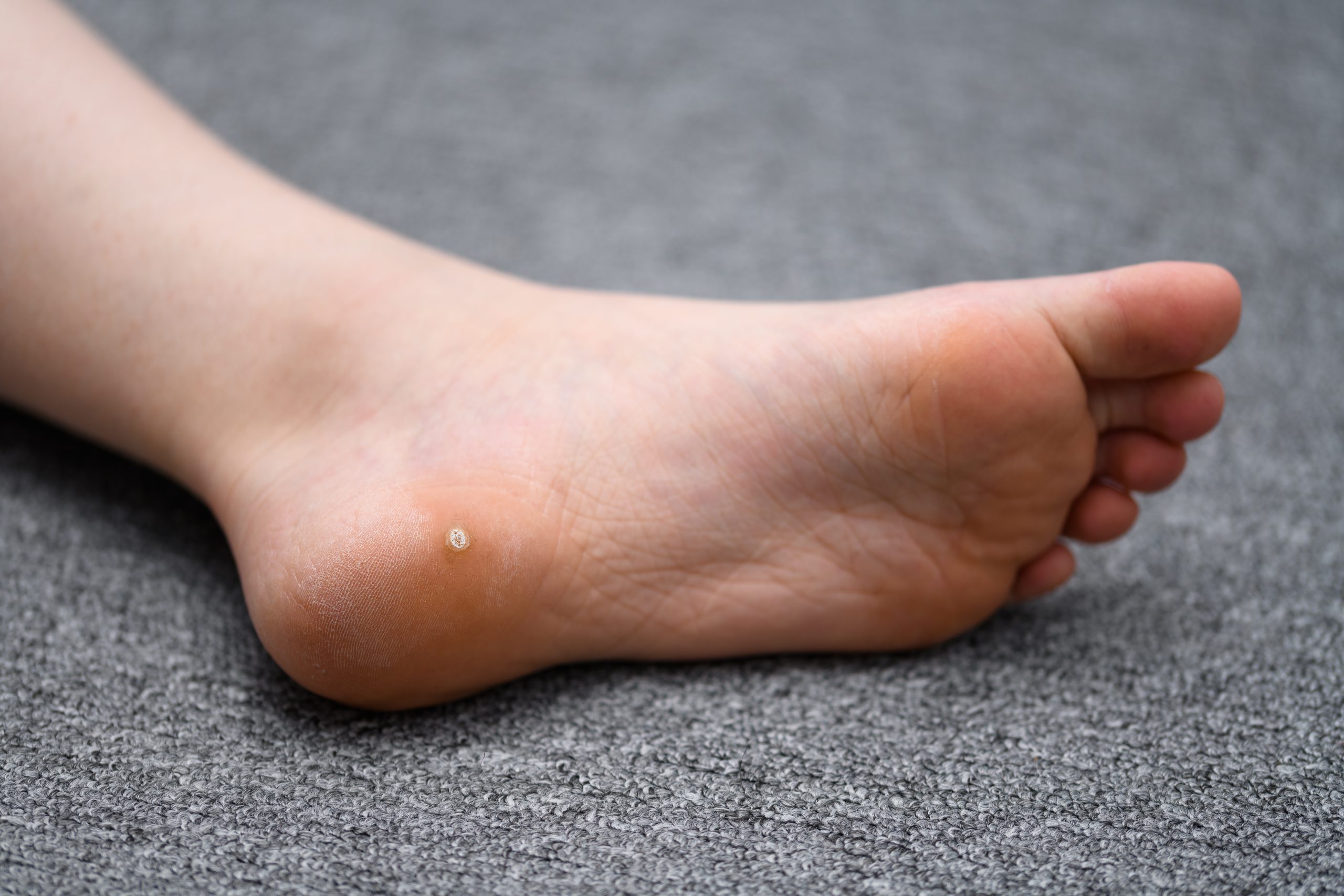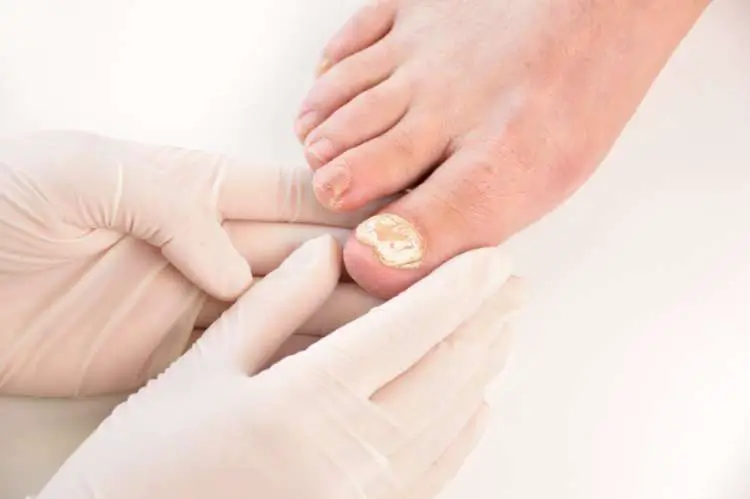For thousands of years, cannabis has been used across cultures for its therapeutic properties.
However, it wasn’t until recently that scientists began to truly understand the medical potential of this controversial plant.
With laws and attitudes shifting, medical cannabis is now emerging as a promising treatment option for conditions ranging from chronic pain to epilepsy.
In states like Washington that have legalized medical marijuana, patients need to obtain a medical marijuana card in Washington in order to legally access cannabis treatments.
The Pharmacology of Cannabis
Cannabis contains over 100 active compounds called cannabinoids.
The two most abundant and well-studied cannabinoids are tetrahydrocannabinol (THC) and cannabidiol (CBD). THC is responsible for the “high” associated with cannabis, while CBD is non-intoxicating.
Beyond THC and CBD, scientists have discovered over 60 additional cannabinoids along with other medicinal compounds like terpenes and flavonoids. This rich pharmacological diversity is what makes cannabis such an intriguing medicinal plant.
Cannabis for Pain Relief
One of the earliest medical applications of cannabis was for the treatment of pain. In ancient China, India, and the Middle East, cannabis was widely used as an analgesic.
Today, mounting evidence from animal and human studies suggests that cannabinoids modulate pain pathways in the body and brain.
Both THC and CBD have demonstrated efficacy against acute and chronic pain without the risks of addiction and overdose associated with opioids.
Hope for Epilepsy Patients
In epilepsy, CBD has shown promise in treating two rare and devastating early childhood seizure disorders,
Dravet and Lennox-Gastaut syndromes. In clinical trials, CBD reduced monthly seizure frequency by up to 50% in patients with treatment-resistant epilepsy.
Considering the debilitating nature of uncontrolled seizures, the results highlight cannabis’ potential in epilepsy treatment.
Patients seeking to use medical cannabis for epilepsy in legal states would need to obtain a medical marijuana card in Washington or the equivalent in their jurisdiction.
The Endocannabinoid System
Cannabis may also benefit patients suffering from neuropathic pain, multiple sclerosis, arthritis, inflammatory bowel diseases, PTSD, and more.
For many of these conditions, human clinical data is still limited, underscoring the need for further research.
However, the mounting animal and human evidence already suggests a therapeutic potential that extends far beyond symptom management.
One reason cannabis may be effective against diverse conditions is its influence on the body’s endocannabinoid system (ECS).
The ECS consists of endogenous cannabinoid receptors found throughout the brain and body that regulate biological functions like pain, mood, appetite, memory, reproduction, and more.
By mimicking naturally produced endocannabinoids, plant-derived cannabinoids like THC and CBD can modulate the ECS to produce therapeutic effects.
Innovations in Delivery Methods
As medical cannabis research has accelerated, so has the development of effective delivery methods.
While smoking cannabis remains popular, researchers have engineered alternative administration routes to avoid risks from combustion byproducts and enable more precise dosing.
Pharmaceuticals like the THC spray nabiximols and CBD-based drug Epidiolex utilize oral sprays and oils. Additional novel delivery methods include transdermal patches, rectal suppositories, sublingual tablets, and more.
The Road Ahead
Despite promising results, legitimate medical use of cannabis faces regulatory obstacles due to its status as a Schedule I illegal drug.
However, as public opinion on cannabis evolves, an increasing number of jurisdictions are legalizing medical cannabis.
To date, 47 US states have approved comprehensive medical cannabis programs. Countries like Canada,
Australia, and Germany have also legalized medical cannabis on a federal level. While political controversies remain, momentum behind medical cannabis legalization continues to build.
To fully tap into cannabis’ therapeutic promise, experts emphasize the need for rigorous scientific study free of prohibitionist policies.
Large, multi-year clinical trials with thousands of patients are required to definitively demonstrate safety and efficacy for specific conditions.
Critical areas of research include better understanding variations between cannabis strains and compounds, establishing proper dosing guidelines, and developing new delivery methods.
The future of medical cannabis research looks bright. Advances in plant genetics allow tailored strains to be bred for medical use.
Meanwhile, elucidation of the human endocannabinoid system unlocked new molecular targets for therapy. As stigma declines and legal barriers lift, scientists anticipate rapid growth in quality clinical research that may turn cannabis into a first-line treatment for patients.
Those seeking cannabis treatment today in legal states need to obtain a medical marijuana card in Washington or the equivalent program in their jurisdiction.
Bottomline
After millennia of medicinal use, cannabis is now being embraced by modern science for its rich therapeutic potential.
While research is still in the early stages, current evidence already demonstrates that cannabis has real medical benefits for a variety of conditions.
As legal obstacles fall and scientific inquiry accelerates, plant-derived cannabinoids stand poised to provide a unique and powerful set of medicines benefiting human health and wellbeing
By unlocking the pharmacology of this humble plant, we open up nature’s timeless pharmacy.





